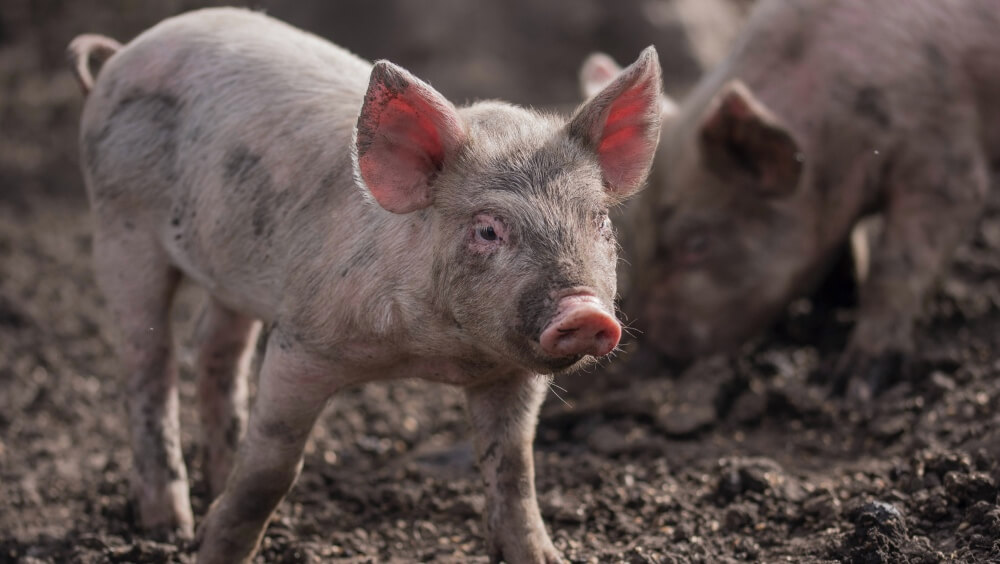Officials have confirmed an outbreak of African swine fever (ASF) in western Poland.
The virus was reported Monday on a farm containing approximately 10,000 pigs near the village of Więckowice near Poznań. This is the second outbreak of ASF on commercial pig farms in Poland this year.
According to the United States Department of Agriculture (USDA), “African swine fever is a highly contagious and deadly viral disease affecting both domestic and feral (wild) pigs in all age groups. ASF is not a threat to human health and cannot be transmitted from pigs to humans.”
ASF can result in death sometimes as quickly as one week after an animal becomes infected.
One of the largest outbreaks of the ASF virus began sweeping through China’s pig farms beginning in August 2018. The virus has reportedly wiped out 40 percent of the country’s pig population.
“That’s roughly 300 million to 350 million pigs lost in China, which is almost a quarter of the world’s pork supply,” Christine McCracken, a senior analyst at RaboResearch, told NPR. “It’s a massive number.”

The Risk of African Swine Fever
The Emerging Pathogens Institute at the Univerity of Florida reports the first outbreak of ASF occurred in Kenya in 1921. The ASF virus is present in many sub-Saharan African countries.
The USDA reports the ASF virus is only transmittable between animals. However, Chief State Sanitary Doctor Gennady Onishchenko—head of the Russian Epidemiology Service—has warned that this may not always be the case.
The doctor states that while ASF may currently only affect animals, the possibility that it may become dangerous to humans cannot be ruled out. At a 2013 press conference in St. Petersburg, Russia, he said viruses like ASF could always mutate and impact the health of humans.
“If we take into account the fact that pig physiology is very close to human physiology, and they suffer illness in almost the same way as we do, there is reason to believe that in the next round of mutation the virus can become dangerous to humans,” Onishchenko said.


